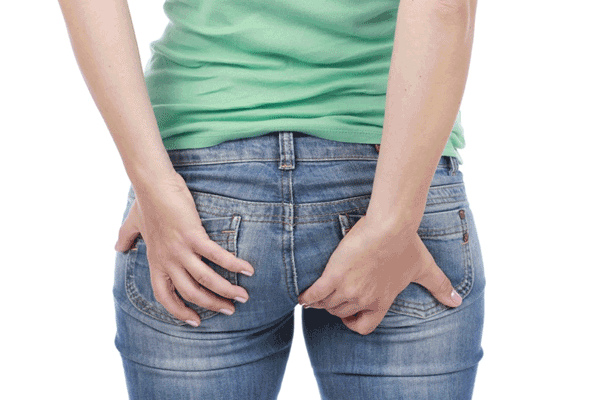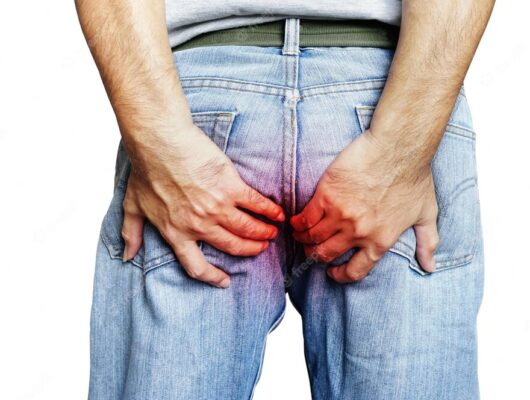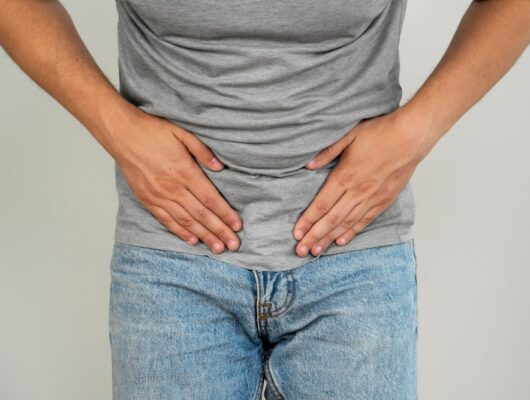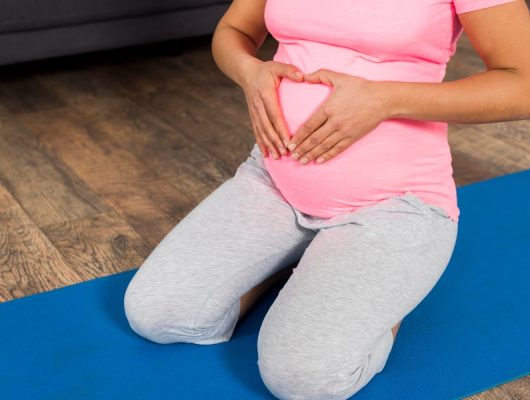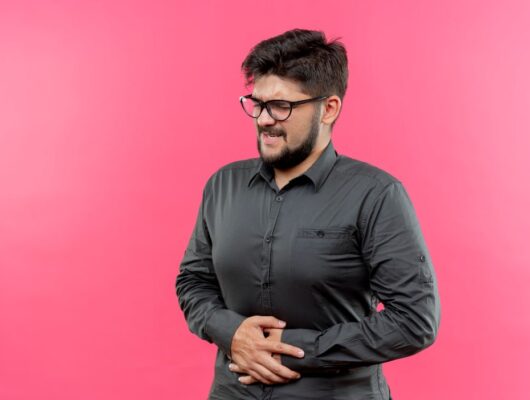Hemorrhoids are identified as extended and enlarged vascular tissues in the lower side of the rectum and the anus. Swollen blood vessels inside the anal canal can become severe that cause itching around the anus and painful bowel movements.
Hemorrhoids can happen inside the rectum (internal hemorrhoids) or may form at the anal opening (external hemorrhoids). Most hemorrhoids are not the cause for concern, however, a small blood clot (thrombus) can develop in external hemorrhoids that may lead to severe pain and bleeding, called thrombosed hemorrhoids.
In this article, our experts of hemorrhoids treatment in Bangalore explores the symptoms, causes, and treatment of this common condition.
Thrombosed hemorrhoids usually happen when sacs in the anal passage get outside from the anal opening and are filled with blood clots. These may present as a single lump or a group of lumps.
What are the symptoms of thrombosed hemorrhoids?
Normal hemorrhoid which is visible on the exterior of the anus will look like a rubbery lump, whereas thrombosed hemorrhoids are a dark bluish color due to the clot inside the blood vessel.
Other symptoms of thrombosed hemorrhoids include:
Pain when sitting, walking, or defecating
Swelling and itching around the anal area
In some cases, thrombosed hemorrhoids may get infected and lead to an abscess. Apart from irritation, discomfort, and pain, this infection may cause a high fever.
Blood in the stool can also be seen. If the hemorrhoids have become severely infected. there may be a painful discharge of blood at the time of bowel movements.
What causes thrombosed hemorrhoids?
In general, hemorrhoids are caused by increased pressure on the veins in your rectum. Most of them are painless, but they can cause pain when they are thrombosed.
Some possible triggers of thrombosed hemorrhage include:
Putting a lot of pressure on the toilet, such as when you are constipated or trying to pass a hard stool.
Having diarrhea
Childbirth or pregnancy, from the force and pressure, exerted to push the baby at the time of delivery.
Sitting for long periods of time, such as a long trips.
No physical exercise
Inadequate fiber in the diet, which leads to constipation
How are thrombosed hemorrhoids treated?
Most of the thrombosed hemorrhoids will be healed on their own, although it may take 2 to 3 weeks for them to completely resolve. Self-care measures for thrombosed hemorrhoids include:
Taking sitz baths, soaking the affected area in warm water several times a day, and gently patting dry.
Keeping your stools soft by eating a high-fiber diet and drinking plenty of fluids.
Avoiding straining during bowel movements and instead relax and breathe slowly, allowing stools to come out easily.
When the above remedies are ineffective, the doctor may suggest a surgical procedure to remove a blood clot in the hemorrhoids. This is especially if you are experiencing severe pain and bleeding.
There are a variety of surgical options available to treat thrombosed hemorrhoids. These include:
Hemorrhoidectomy: This a surgical procedure to remove hemorrhoids, including the blood vessels and clot, which may be done under general anesthesia. Hemorrhoidectomy is a more invasive procedure than other options, so is only carried out in severe cases.
Rubber band ligation: It is a method where an elastic band is put around the base of hemorrhoids that cuts off the blood supply and causes them to shrink over a period of several weeks.
Stapled hemorrhoidopexy: In this procedure, a surgeon inserts a circular, hollow tube into the anal canal. Through this tube, a long thread is placed within the anal canal above the hemorrhoids to remove the blood clots.
Thrombosed hemorrhoids can be itchy, painful, and become complicated if left untreated. Therefore, if they don’t seem to resolve, get the right treatment at the right time.
Still, suffering pain with thrombosed hemorrhoids? Visit Gutcare clinic, and talk to Dr.Yuvrajsingh Ghelot, the best colorectal surgeon in Bangalore to get rid of your inconvenience.

